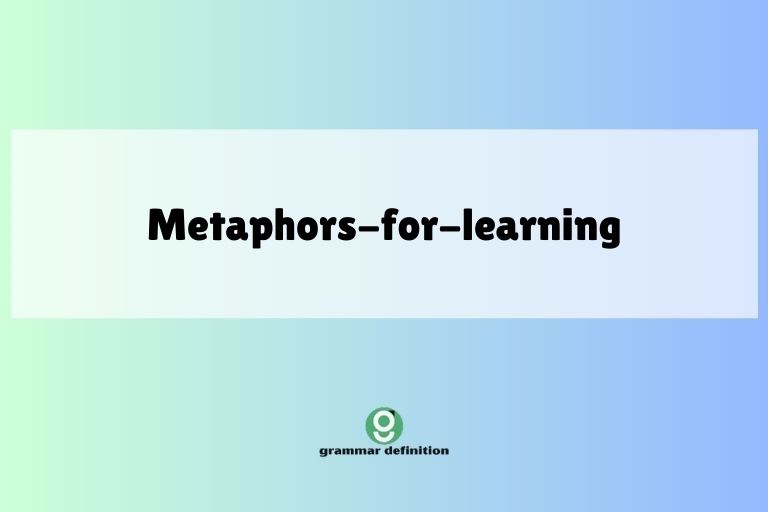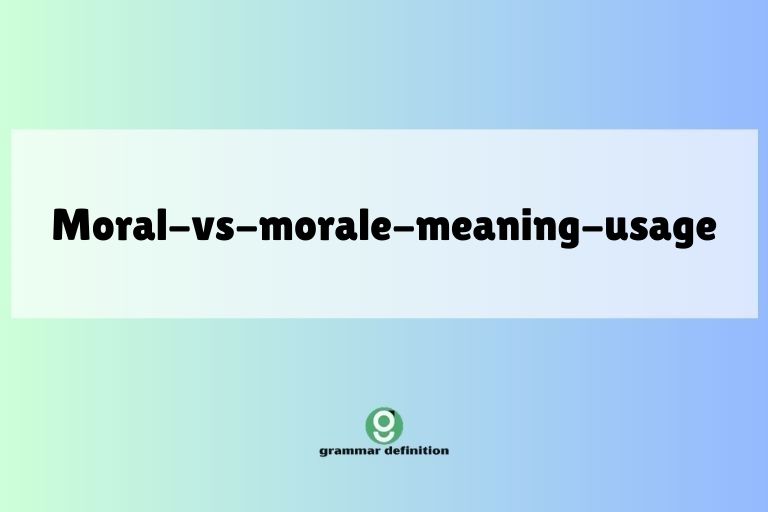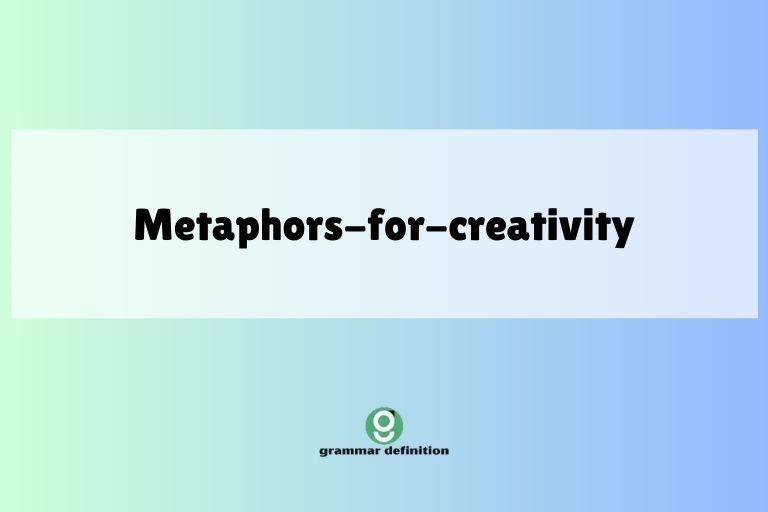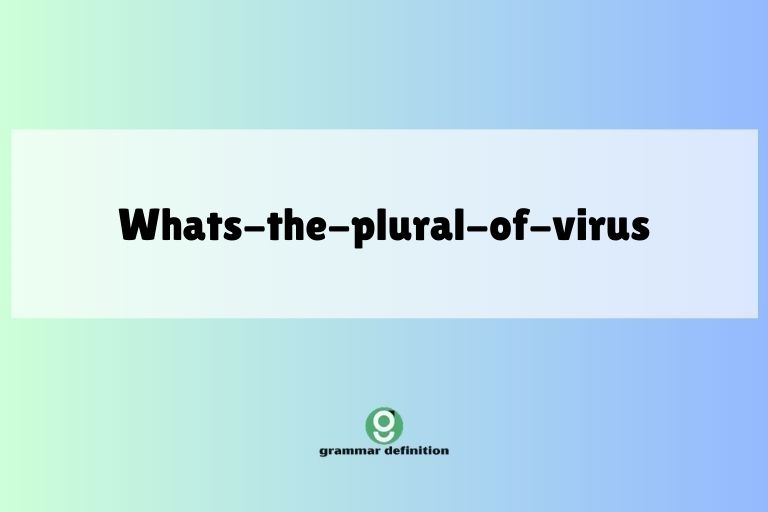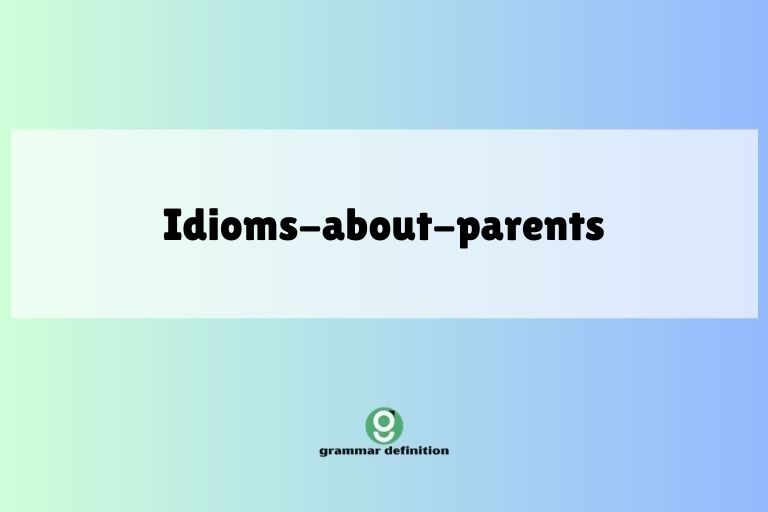Metaphors for Jesus: Exploring Figurative Language
Understanding metaphors is crucial for interpreting literature, poetry, and even everyday language. When we delve into the study of religious texts, metaphors become even more significant. In Christianity, the figure of Jesus Christ is often described using a rich tapestry of metaphors. These metaphors aren’t merely decorative; they provide profound insights into his nature, role, … Read more


